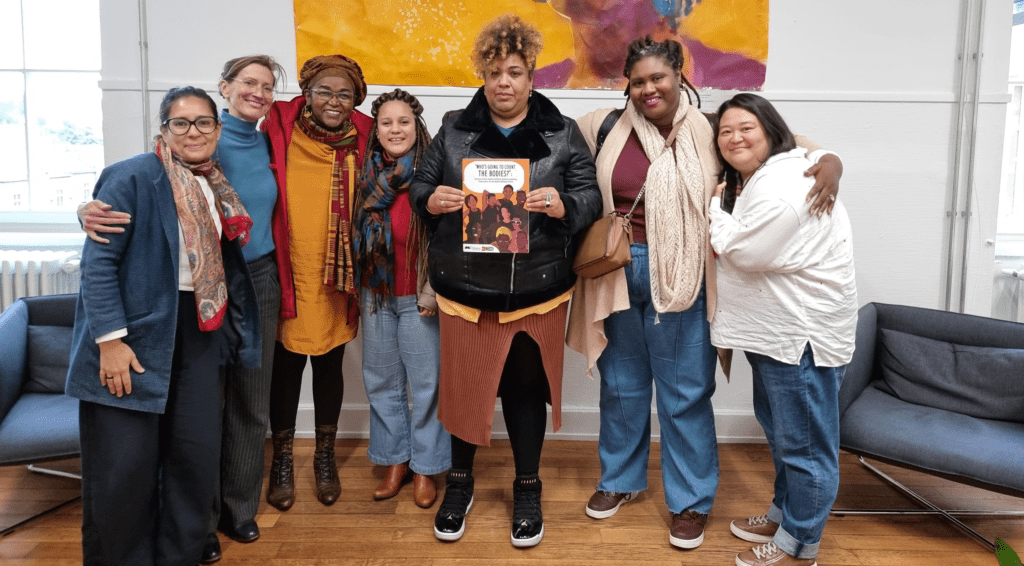
Young people in Brazil face insecurity induced by both state-led structural violence and conflicts between criminal factions. Unjustified police brutality against young individuals stems from discrimination based on both their age and race.
According to a study published in 2021 by the Instituto Sou da Paz, black men represented 75% of the victims of firearm assaults in 2019, compared to 19% for non-black men; adolescents (15 -19 years old) accounted for 61% of the black victims. Salvador, the capital city of Bahia state in Northeast Brazil, stands out with its alarming incidence of police violence. According to the newspaper Brasil de Fato, it accounts for 22.77% of police killings in the country, making it the highest in Brazil. The police justify their interventions by citing organized crime and drug trafficking.
Odara, an organization supported by terre des hommes schweiz, is a women’s organization led by black feminists. In response to the escalating issue mentioned above, Odara initiated the “My Mother Doesn’t Sleep Until I Come Home” project. Launched nine years ago, this initiative was born out of a demand from mothers and families of victims of police brutality, who were alarmed by the surge in such incidents. The project operates on multiple fronts, providing legal, educational, and psychosocial support.
Through this project, Odara helps families and state lawyers working on such cases to gather evidence and navigate the complex legal system, aiming to combat the culture of impunity. Gabriela Ramos, project coordinator at Odara, points out the main obstacles being impunity and the long duration of the cases. She provides the example of a dispute they are working on involving the murder of a 10-year-old child whose legal case has endured longer than his entire life (14 years now; the case has not yet been concluded). Parallely, Odara offers psychosocial support to families and mothers grappling with the trauma of losing loved ones to violence.
Another vital aspect of their work lies in violence prevention. By directly involving young people in their grassroots peacebuilding work, Odara seeks to empower them with a deeper understanding of their surroundings, equip them with protection mechanisms, and encourage them to remain in school despite societal stigmatization. Utilizing a multiplier approach, Odara has trained over 100 young community leaders who, in turn, educate their peers through various mediums such as podcasts, theater pieces, and documentaries. Ms. Ramos testified that this activism has fostered political engagement among young people and amplified their city-wide voices through organized demonstrations and youth-focused events. However, the project faces numerous challenges, including security concerns that disrupt activities and limit participants’ mobility. Moreover, marginalized communities face socio-economic hurdles, hindering their sustained engagement, as many are compelled to leave school for work and prioritize survival over community engagement.
While the challenges confronting young people in Brazil are daunting, initiatives like Odara’s “My Mother Doesn’t Sleep Until I Come Home” project offer a glimmer of hope. By addressing systemic injustices and empowering marginalized communities, such endeavors play a pivotal role in shaping a more equitable and secure future for Brazil’s youth.
This article draws from an interview with Gabriela Ramos, project coordinator at Odara, and her colleagues Lorena Pacheco and Naiara Leite, enabled by terre des hommes schweiz.